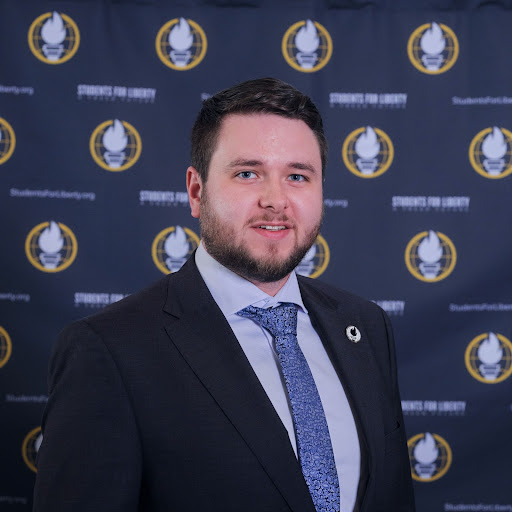Sen̓áḵw is a $3-billion, 11-tower real estate development in Vancouver, set to be built on Squamish Nation reserve land. The project, named after the ancestral territory the Squamish people were removed from in 1913, is a sustainable village developed in partnership with Westbank.
The development, including 6,000 housing units, aims to address the housing crisis and generate up to $10 billion in rental revenue.
In 2002, the Squamish Nation regained a portion of the original land after a long legal battle. New federal laws enacted in 2018, allowing greater scope for First Nations to develop their own lands, played a vital role in facilitating the project.
In December 2019, the Squamish Nation voted in favor of a partnership with local developer Westbank, known for luxury condominium towers. These factors, along with the unique opportunity to develop prime urban waterfront on Squamish Nation reserve land, contribute to approval and development of a truly unique project that will essentially create a new part of the city.
Designed by Revery Architecture, it incorporates indigenous art and environmentally-friendly elements, representing North America’s most significant example of indigenous urban development.
The car-free complex will occupy only 15 percent of the land recovered by the Squamish Nation, with the rest being publicly accessible green space, creating a “village in the park” concept.
Sen̓áḵw is seen as a unique and forward-thinking project that reflects the Squamish Nation’s principles of development and design.
The project continues to face resistance from local NIMBYs (Not In My Back Yard), a phenomenon where individuals oppose new developments in their area that might affect their property’s value.
Despite the pressing need for housing solutions, NIMBYism often hampers progress, hindering projects that could address critical issues like the severe shortage of housing units forcing young people to live with family or in shared accommodation far longer than they would need to in a free market for housing.
Scheduled for completion in 2030, this unique development will eventually contribute significantly to alleviating the housing crisis. Such a project is only made possible by the more relaxed regulations concerning the Squamish Nation’s use of their land. Elsewhere, zoning laws would make development on this scale practically impossible.
The example set by the Sen̓áḵw development project shows us what we could have in other places too, if only the state — and the NIMBYs whose interests they serve — would step aside and let progress unfold.
Indeed, zoning laws and housing regulations are one of the sneakiest government intrusions that almost no one pays attention to.
Issues arise when new housing projects are shelved or construction costs are unnecessarily increased with endless bureaucratic hoops to jump through. With the resulting scarcity of supply, housing prices skyrocket.
But how did the housing crisis get so out of hand, and what can we do about it today?
Zoning regulations and their role in the housing crisis will be an important topic of discussion at Students For Liberty’s upcoming LibertyCon International.
Luca Gattoni-Celli, Founder of YIMBYs in Northern Virginia; Joshua Bandoch, Head of Policy at the Illinois Policy Institute, and Tony Lopes, CEO of Dirty Boots Capital, will take part in a panel discussion, moderated by economist and author, Bryan Caplan, on the theme of ‘Homeowners Don’t Know What They Don’t Know: Deregulating Housing.’
Students For Liberty’s flagship annual event, LibertyCon International will be held in Washington, D.C., on February 2-4, 2024. It promises to be the place for engaging with leading experts and connecting with others who share a dedication to advancing pro-liberty ideas and creating a freer future.
Click the button below to sign up for updates and secure your spot at this exciting event. We can’t wait to see you there!
This piece solely expresses the opinion of the author and not necessarily the organization as a whole. Students For Liberty is committed to facilitating a broad dialogue for liberty, representing a variety of opinions.



